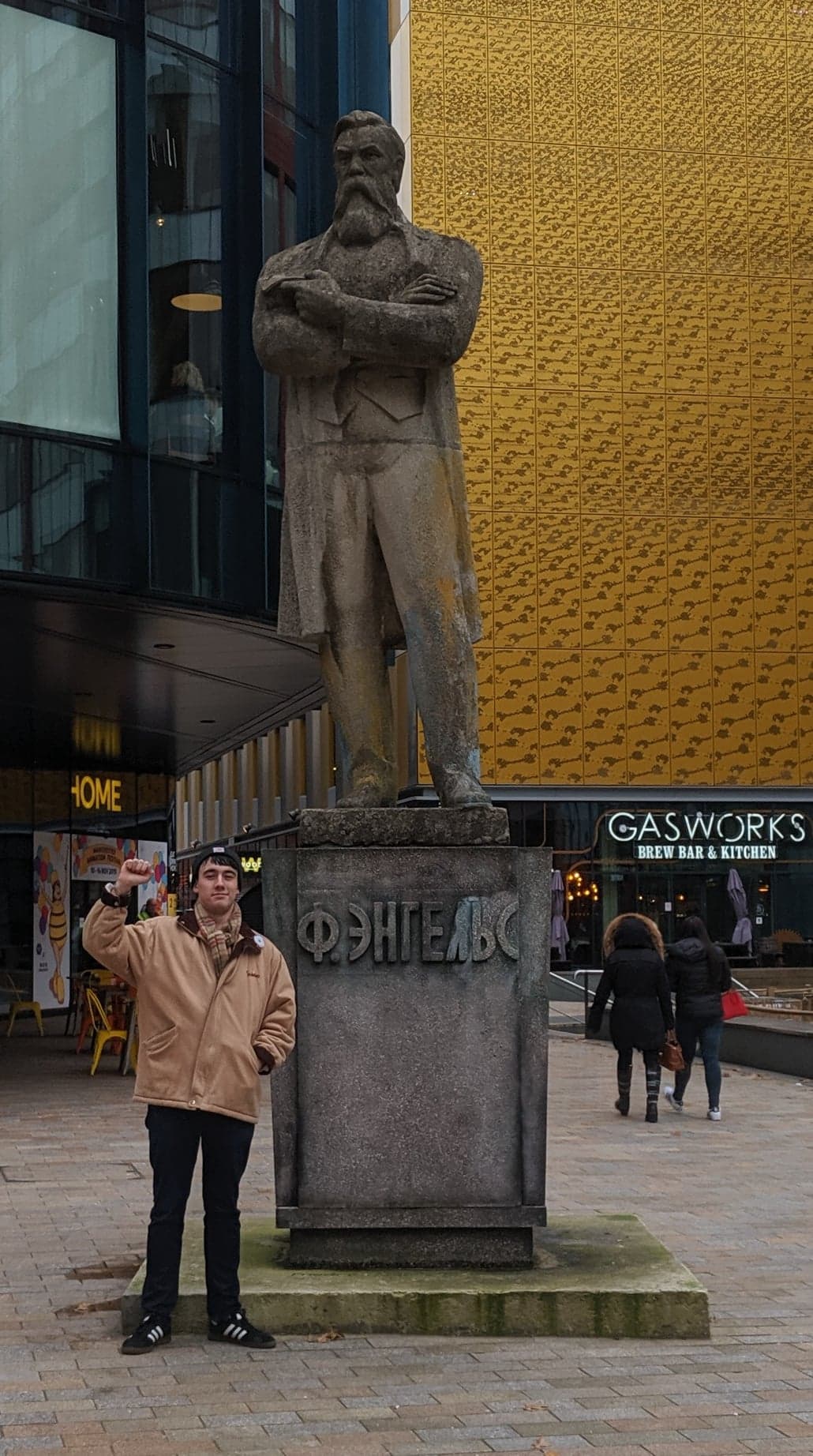Peter Stoddart reviews David Attenborough’s latest Netflix special which, while poignant, fails to deliver answers.

David Attenborough is a complex figure. The most popular British person in popular culture today according to YouGov. He’s also one of the most trusted figures when it comes to all things nature. Now 94, he has dedicated his life to televising the world, and all its inhabitants, for nearly 70 years. One of the most iconic figures of the BBC and of Britain as a whole.
Indeed, you would struggle to find someone in the country who didn’t find his documentaries fascinating and his contribution to nature and film & TV, are practically unparalleled. Attenborough has been making films since 1951 and has travelled the Earth countless times, from continent to continent. I still remember watching in awe when Planet Earth was first released in 2006. Similarly, with Blue Planet, Frozen Planet and other series released since. He has filmed things, the vast vast majority of us would never have had the chance to see and has made us acutely aware of the wildlife that exists beyond our island.
However, his most recent documentary, highlighting the rapid rate of climate change throughout his lifetime takes a different tone. A tone that in many ways, is very welcome. It is very matter of fact, and highlights the urgency with which we need to address the current environmental crisis. It is also poignant, the rapid rate of destruction is extremely apparent. Attenborough knows that he has reached the end of his life. Nonetheless, he makes a plea for the future, and heartbreakingly describes the role of mankind in perpetuating the destruction of our planet. “We are going through a series of one way doors”, details Attenborough.
For these reasons, I would argue that the latest documentary is essential viewing- although I’d say that about all of Attenborough’s documentaries.
Nonetheless, his latest venture follows a long line of controversial points which Attenborough has supported in recent years. After all, Attenborough is a Malthusian, he believes the only way to combat the seemingly irreversible climate shift is through reducing the growing population. Back in 2013 he controversially described food aid for famine stuck regions as “barmy”, owing to his desire for population control. He has been consistently criticised by the likes of George Monbiot for failing to highlight the issues of climate change (read one such article by Monbiot here).
In fact, this support for population control is the entire premise of the documentary. From the outset, he seeks to highlight the rising populations, and blames them for the loss of wildlife and impending climate catastrophe. This premise might have more credibility if Attenborough didn’t continuously avoid the role of capitalism in accelerating climate change. We have all heard the statistics, 100 of the top firms are responsible for 71% of the world’s emissions. This is where we need to direct our anger. While personal austerity may go some way to combating climate change, it represents a drop in the ocean compared to the emissions of these firms.
Towards the end of the film are a series of short clips showing Attenborough speaking to numerous different crowds of world leaders from the COP to the IMF to the WEF. Rather than seeking to address the role of capitalism in perpetuating environmental destruction, Attenborough perpetuates his Malthusian support for population control.
So, while Attenborough’s most recent documentary is good at highlighting the coming effects of climate change, it utterly fails to tell the viewer what we need to do to fight against it. Like other Attenborough documentaries, I think you should watch it. But be aware of where it fails to deliver, and encourage others to look beyond it and to join in the fight for system change not climate change, as the old saying goes.
Peter Stoddart




